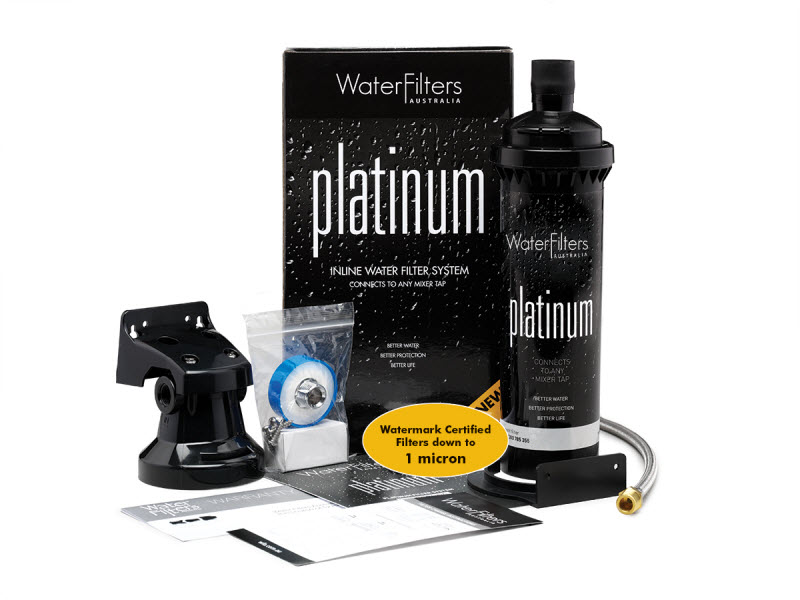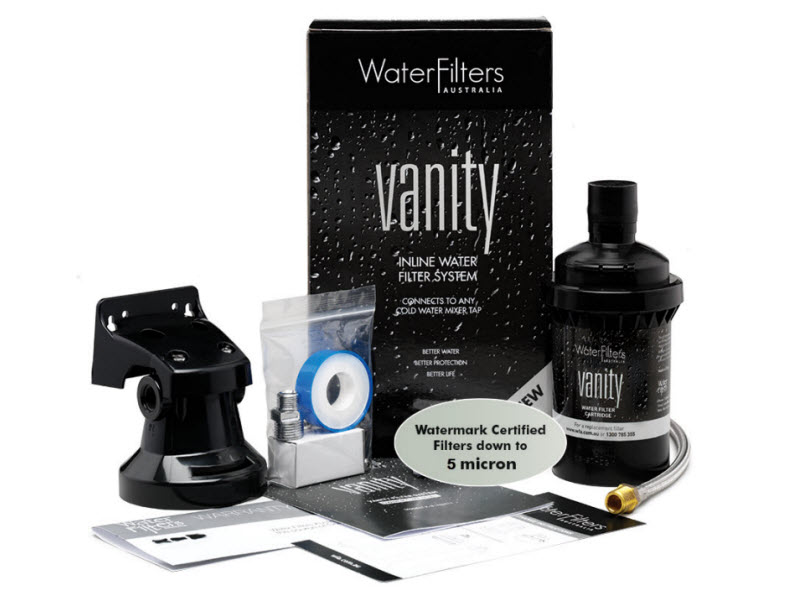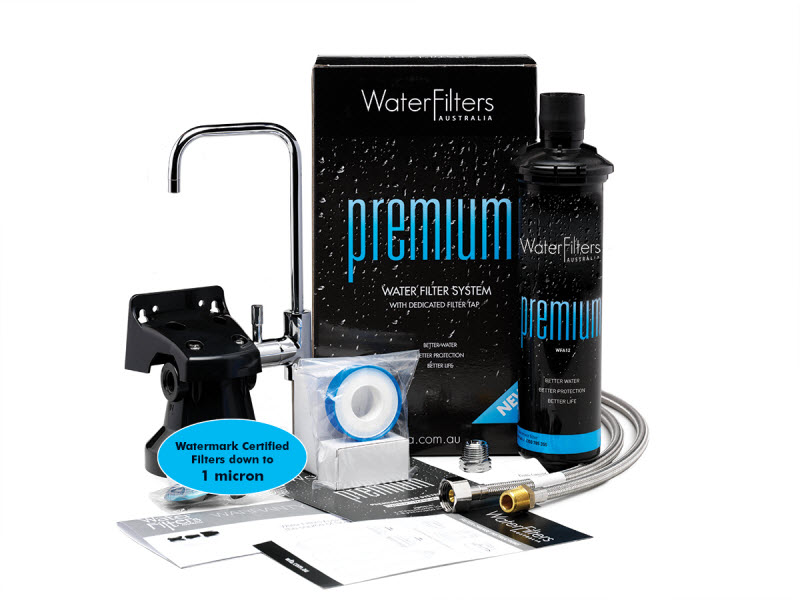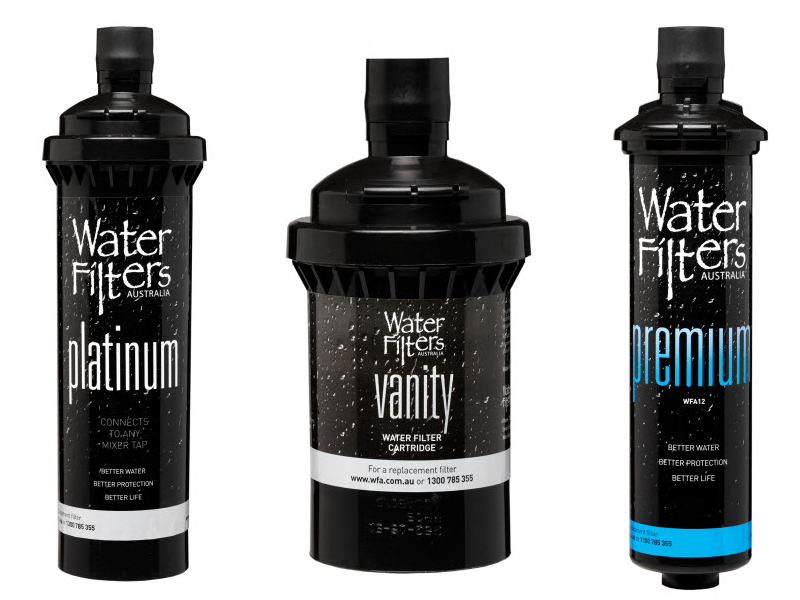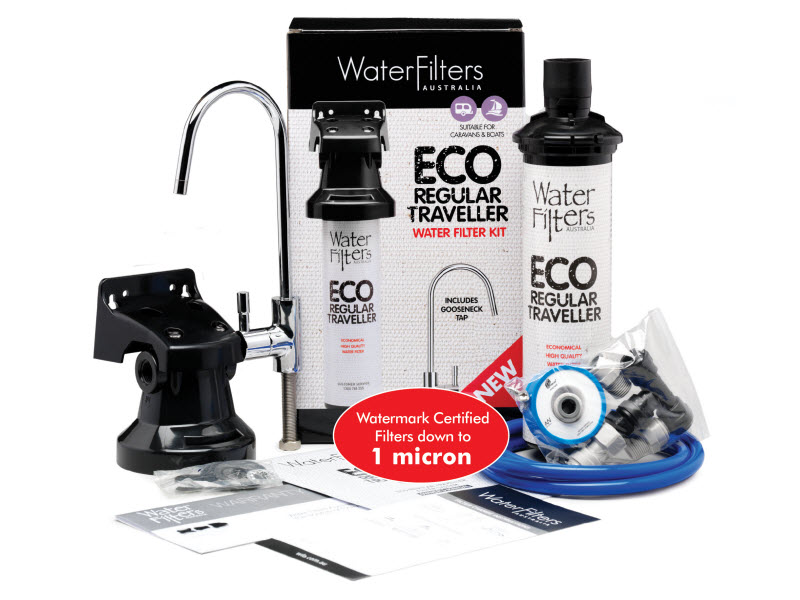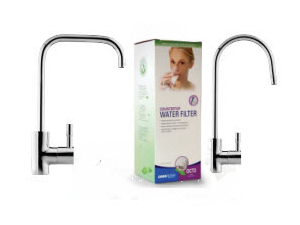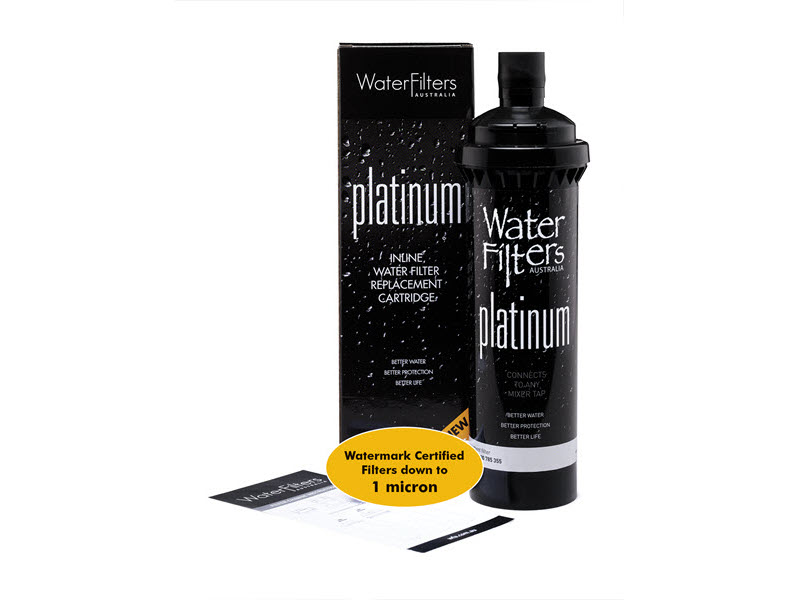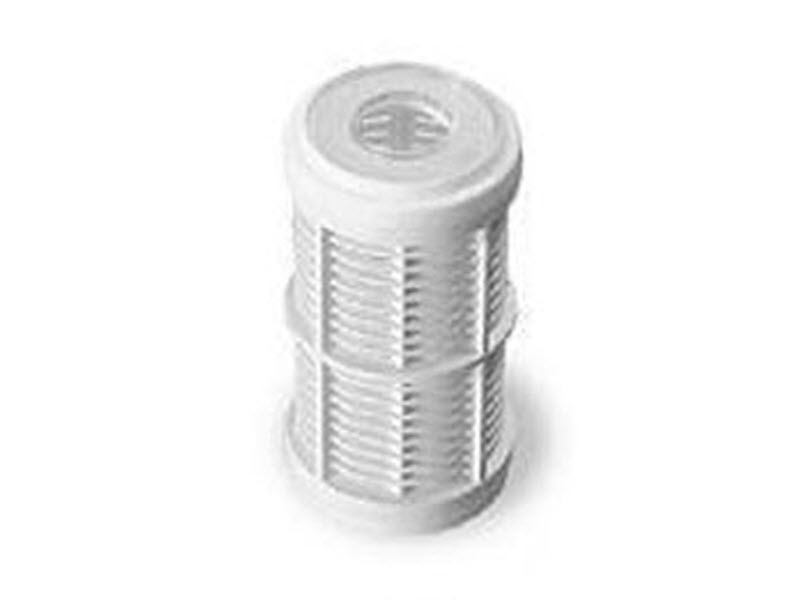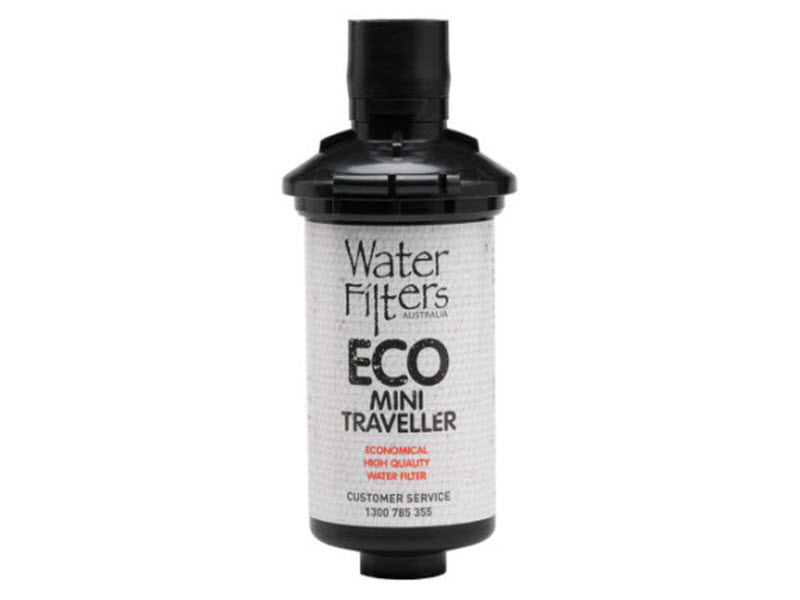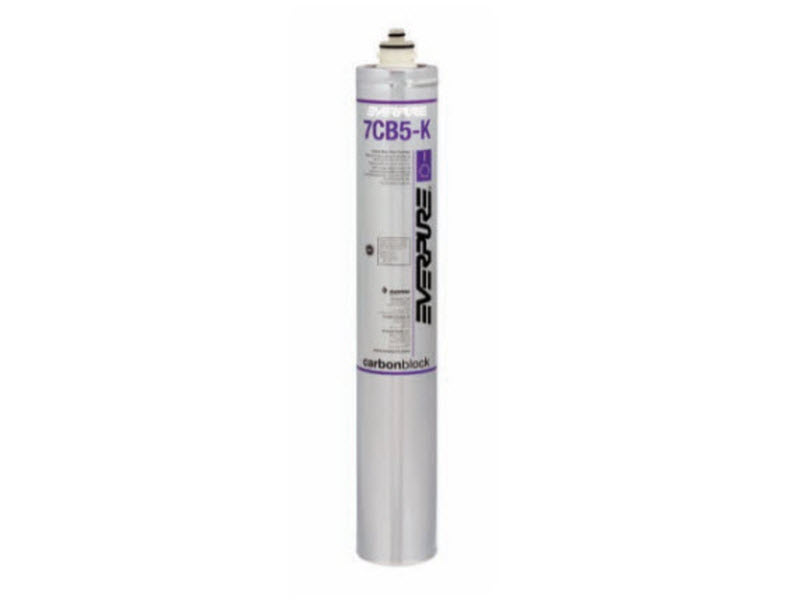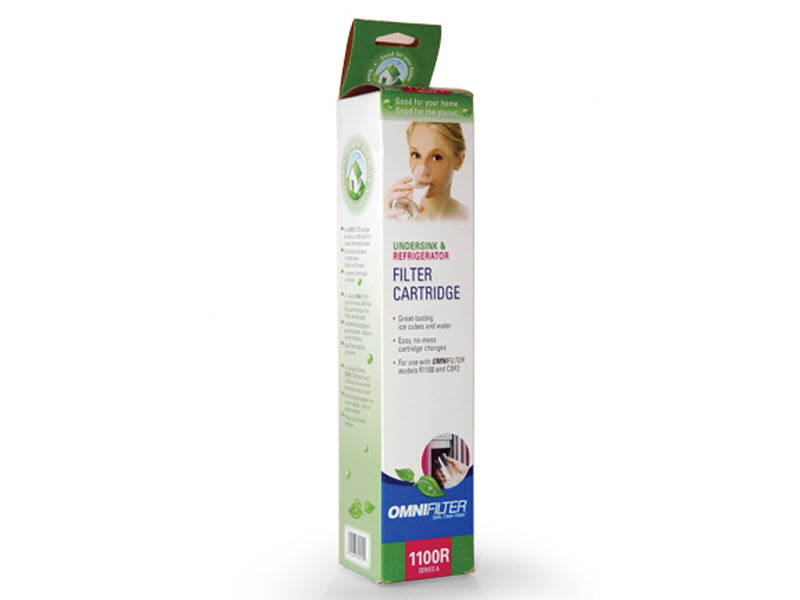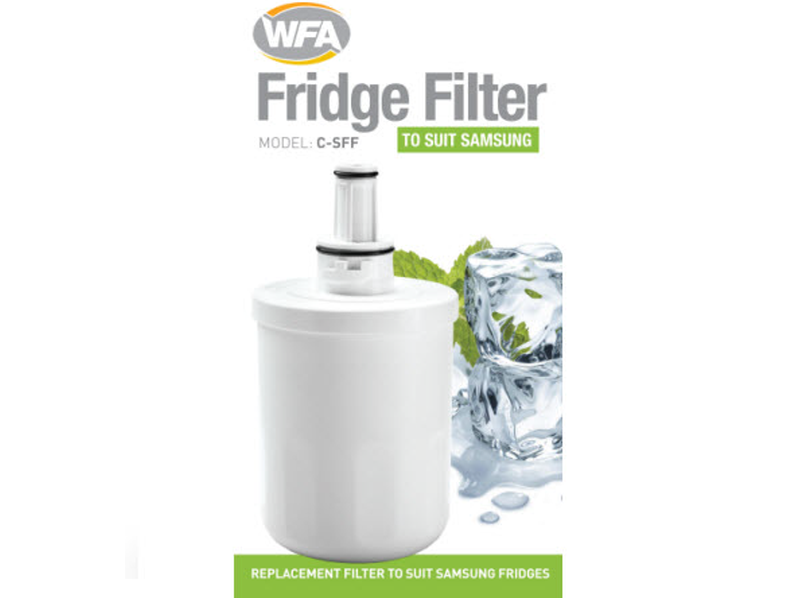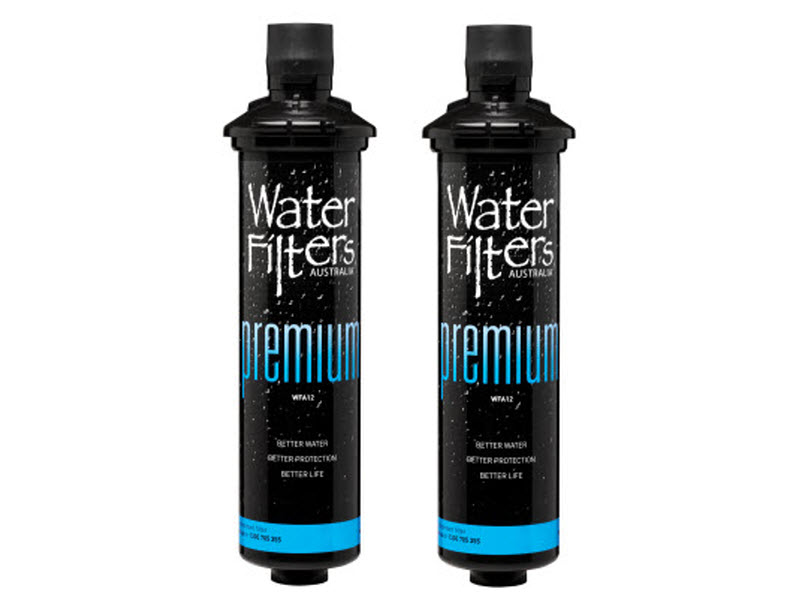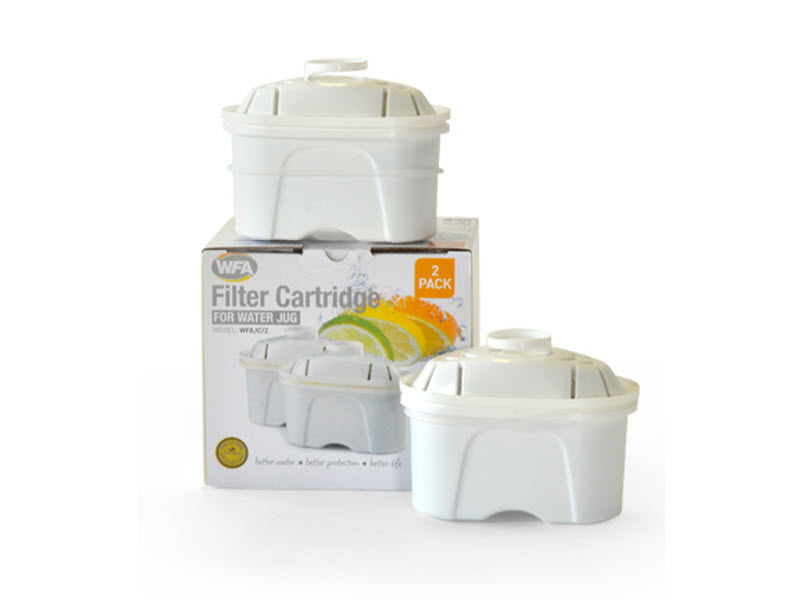The real cost of bottled water
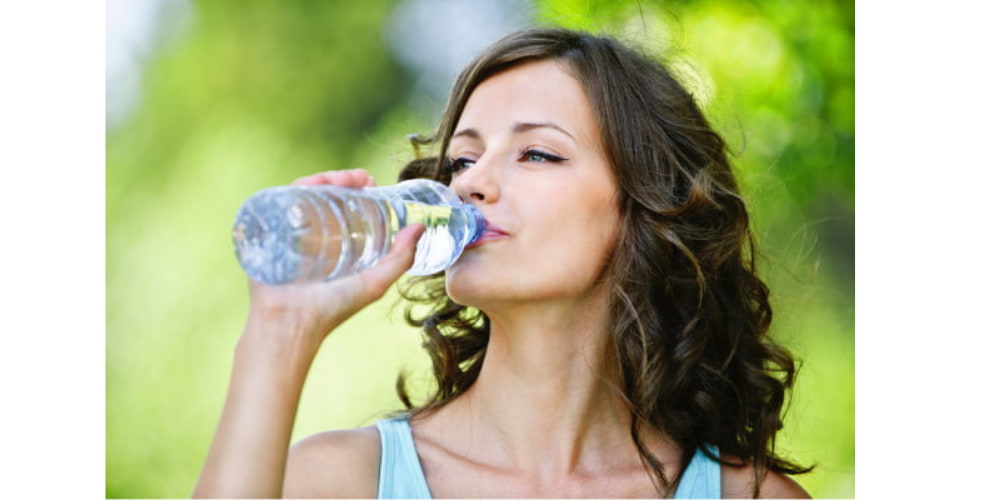
A marketing triumph
Why are Australians so obsessed with buying something they can get for free at home? In 2015, we spent $2 billion on bottled water.
At $3 per litre for Mount Franklin™️, it costs more than milk or petrol. It’s astounding to think that purchasing a 600ml Mount Franklin™ is comparable to 1000 litres of Sydney tap water!
Bottled water was introduced into Australia in the 1980s and many scoffed at the idea.
However, the marketing efforts of big companies such as Coca Cola Amatil™️ have obviously been effective. There seems to be a common misconception that bottled water is somehow more pure than tap water. But is it really?
Research indicates that women are leading this upward trend in purchasing bottled water. They perceive bottled water as pure, natural and healthy. Clever marketing also helps, with labels depicting images of snow-capped mountains, rainforests and springs.
However, research confirms that tap water from a home water filter system is just as good for you – if not better! The best news is that it is a whole lot cheaper and better for the environment.
Let’s discover the real cost of bottled water…
The environmental impact
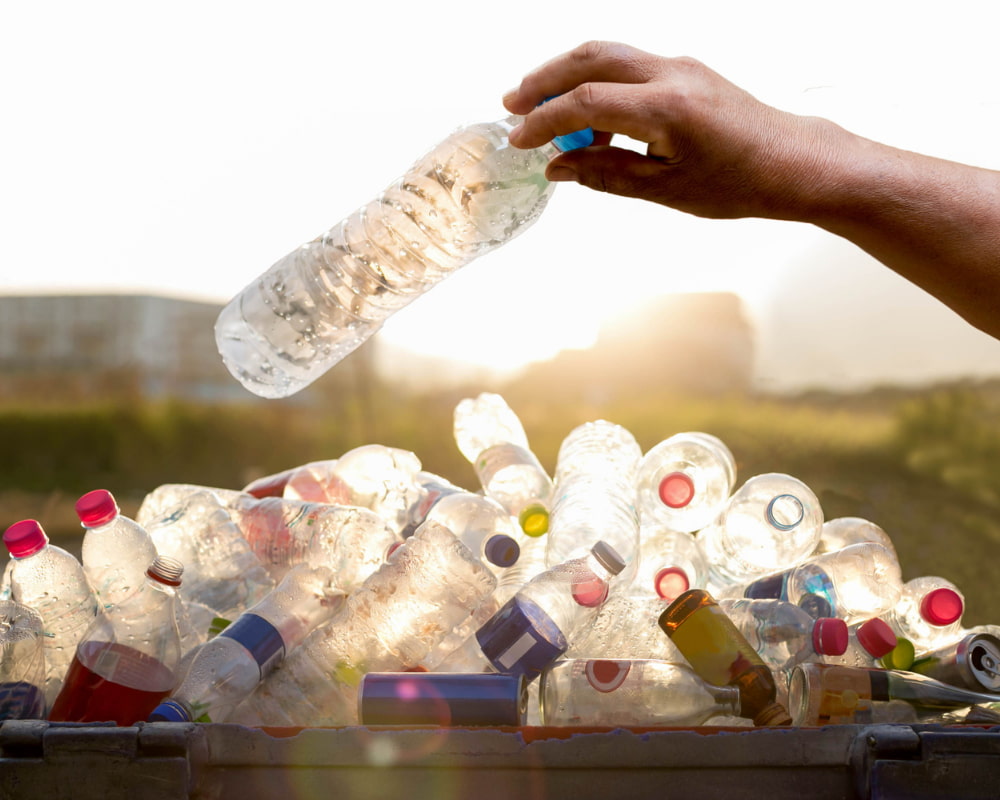
The numbers are mind boggling…
- Plastic water bottles are amongst the 10 most common rubbish items picked up by Clean Up Australia Day volunteers
- It takes seven litres of water and one litre of oil to produce one litre of bottled water
- Producing bottled water makes 600 times more carbon dioxide than tap water
- It takes up to 1,000 years to biodegrade a plastic bottle
- If you drink an average of 8 glasses of tap water a day instead of purchasing bottled water, you will save
- 1,825 litres of water that would have been used to produce bottled water
- 854.1 kwh of energy every year. That’s a light bulb running for 8,541 hrs
- 11.68 kg in bottled water waste going to landfill every year¹
- Drink containers make up the largest proportion of litter volume in NSW (44% of total litter)²
We know that plastic bottles have a massive environmental impact, so why is more not being done to curb this?
¹Source : http://sydney.edu.au/environment-institute/news/can-you-say-no-to-bottled-water/
²- source: http://kab.org.au/litter-research/national-litter-index/
Plastics in our oceans and waterway
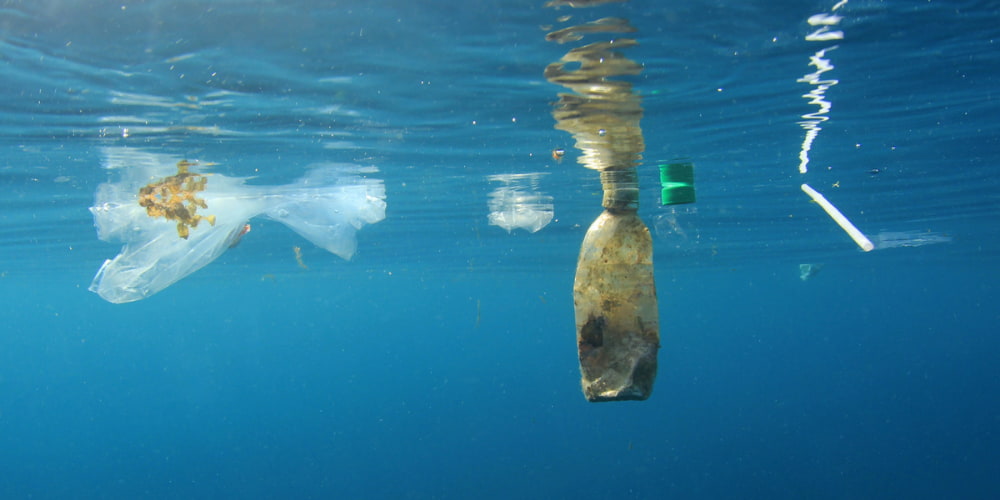
Our oceans and waterways are suffering because of our obsession with single-use bottled water. Current estimates are that there are 5.25 trillion pieces of plastic debris in the ocean, with 269,000 tonnes on the surface and four billion microplastics in the deep sea.³
These numbers are not all down to plastic bottles but plastic bags too, which also have a huge environmental impact.
Even though plastic bottles are made primarily of polyethylene terephthalate (PET), which is easily recycled, we are still struggling to keep up with human usage.
Euromonitor International’s global packaging trends report predicts we will use 583.3bn by 2021. Those bottles that are not recycled end up in our oceans.
Plastic fragments are now leaching into human food sources such as fish and sea birds. Scientists at Ghent University in Belgium recently calculated people who eat seafood ingest up to 11,000 tiny pieces of plastic every year.4
Many scientists now see the threat of plastic in our waterways to be as great as climate change.
³Source : https://assignmentbro.com/blog/plastic-pollution-facts-and-statistics
4 https://www.theguardian.com/environment/2017/jun/28/a-million-a-minute-worlds-plastic-bottle-binge-as-dangerous-as-climate-change /
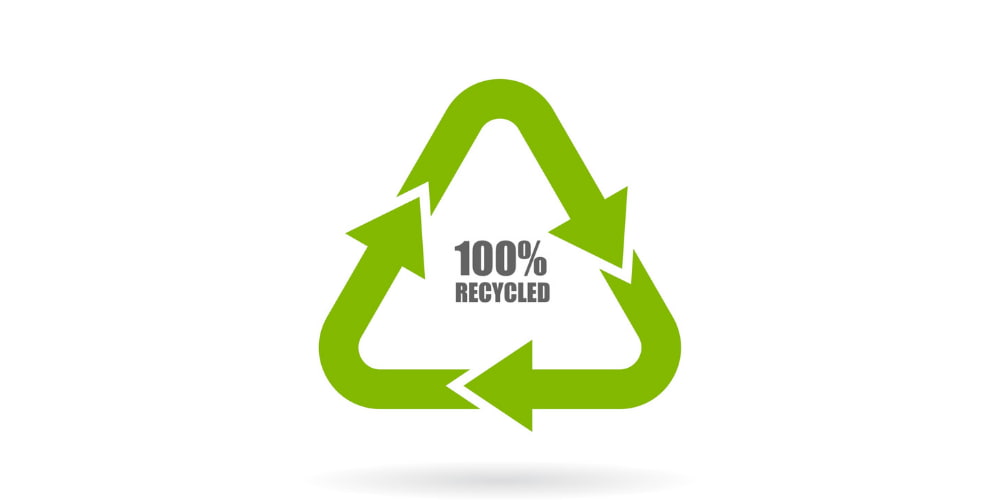
Is 100% recycled plastic the solution?
According to Greenpeace, the top six drinks companies in the world use a combined average of just 6.6% of recycled PET (RPET) in their products. Many don’t use any at all.
Perhaps the reason is the cost or even cosmetic. RPET is not clear plastic and therefore not an attractive option for these companies.
If we could shift to 100% recycled plastic in bottled water, this could help to alleviate the strain on the environment.
In Australia, we recently banned single use plastic bags in our major supermarkets. This has led to a nation-wide 80% drop in plastic bag consumption. Maybe adding a tax to bottled water will have the same effect?
Either way, large corporations such as Coca Cola Amatil must do more to increase the recycled content of single use plastic bottles. This is the only way to reduce the negative environmental impact on our oceans and waterways.
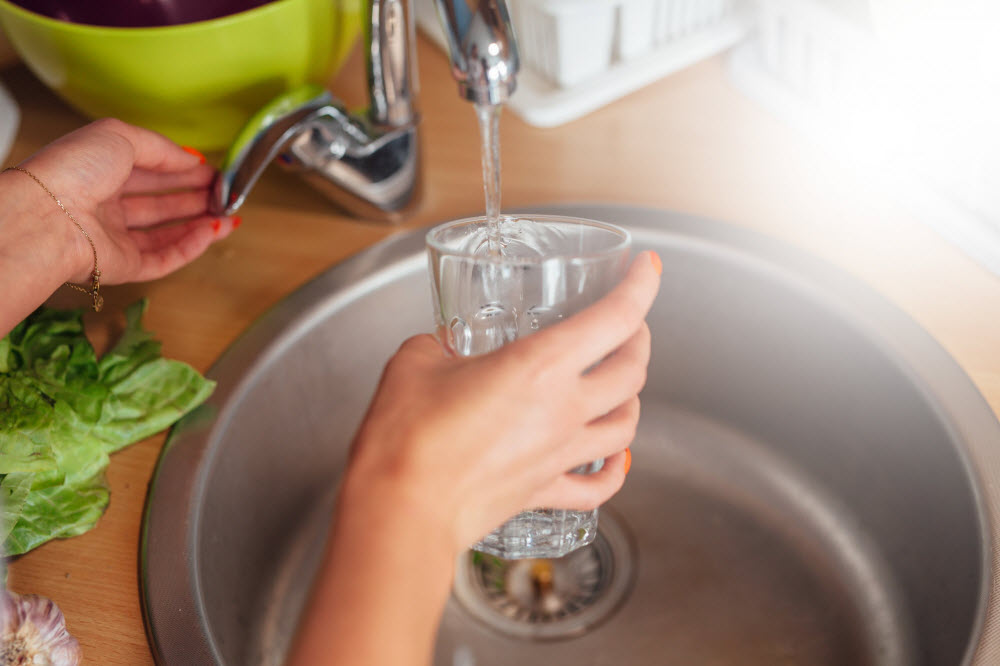
The impact on your wallet
Bottled water costs well in excess of 2900 times that of tap water. Tap water is charged at less than a quarter of a cent per litre. The average cost of bottled water in Australia is a staggering $3.98 for 600ml.
If you are worried about the quality of tap water in Australia, don’t be…
UNSW Water Research Centre associate professor Stuart Khan said that with rare exceptions the drinking water across most of Australia was just as good as, if not better than, bottled water.
Tap water is sourced locally and unpackaged. Best of all, there are more stringent controls over tap water than bottled water.
Using an at home water filter system will ensure that you have the best water for your family at a fraction of the cost of bottled water. WFA water filter systems remove chlorine from your tap water, making it more enjoyable to drink.
With Australians spending more than $600 million on bottled water last year,5 choose the best option for your wallet.
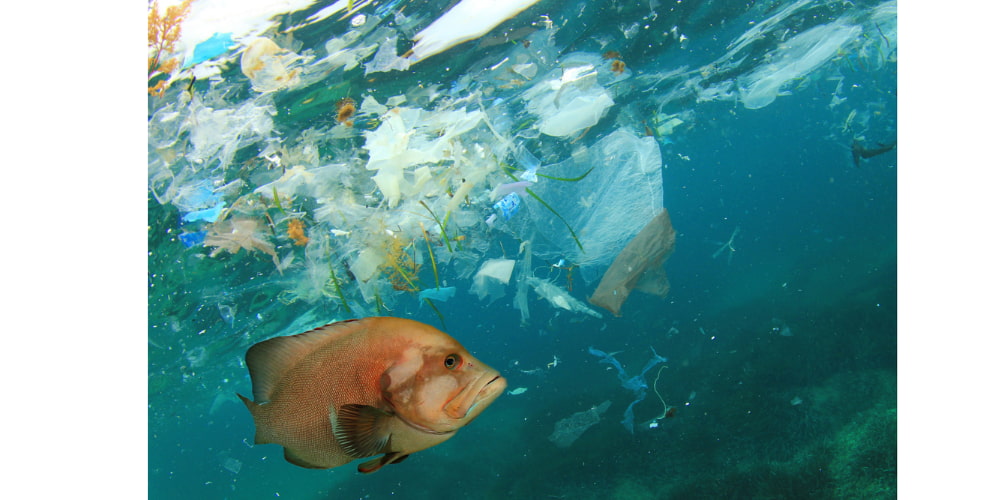
The health impacts
Drinking bottled water can be a gamble with your health. There are typically more tests to confirm safety and quality of public drinking water than bottled water.
In fact, Sydney Water scientists do up to 70 different types of tests to confirm your drinking water is high quality and safe.
We collect and test samples taken from source to tap, including lakes and rivers, our filtration plants and at homes and businesses.6
Microplastics
5 http://sydney.edu.au/environment-institute/news/can-you-say-no-to-bottled-water/
6 https://www.sydneywater.com.au/SW/water-the-environment/how-we-manage-sydney-s-water/safe-drinking-water/water-analysis/index.htm
The World Health Organisation (WHO) recently ordered a review into the potential harm of microplastics found in bottled water.7 The study analysed 259 bottles from 19 countries, finding 325 plastic fragments for every litre of water. This was double the amount found in tap water, based on a previous study.
In Australia, we now know that drinking tap water through a water filter system is the best option for your family. WFA home water filter systems protect you from these harmful contaminants. Our filters can remove particles down to 1 micron. To put this into perspective, the human eye can’t see anything smaller than 30 microns, and a human hair is 75 microns wide.
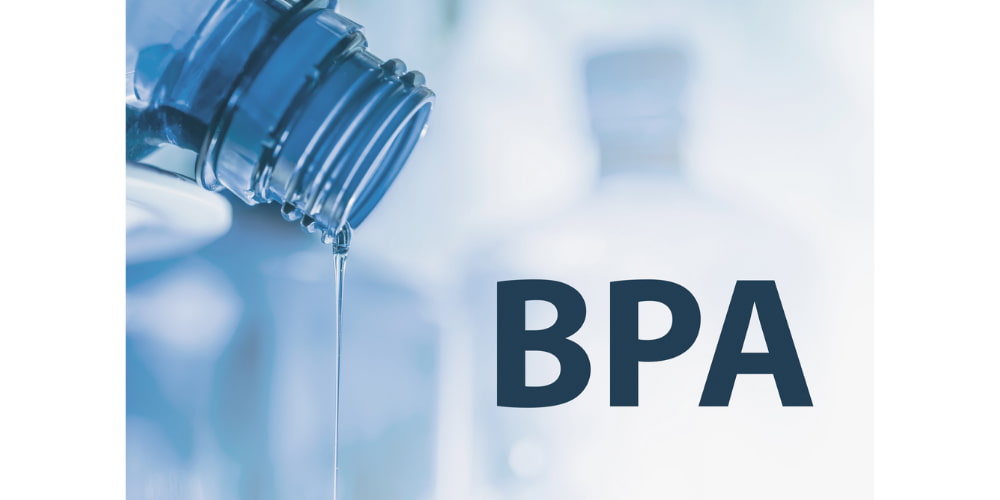
BPA in water bottles
Bottled water is generally made from PET, which poses no risks to humans if used once. If reused or heated, chemicals can leach into the liquid with potentially harmful health impacts.
This is because disposable water bottles contain chemicals that are linked to reproductive issues, asthma and dizziness. Some studies have also found links to an increased risk of breast cancer.8
Even though bottled water is now made from BPA-free plastic, other chemicals still exist in the plastic. These can leach into water if exposed to heat or the bottle is not used for long periods of time. These chemicals may be endocrine disruptors which impact upon your hormones, especially oestrogen in women.
7 https://www.theguardian.com/environment/2018/mar/15/microplastics-found-in-more-than-90-of-bottled-water-study-says
8 https://greenerideal.com/infographics/the-environmental-impact-of-plastic-water-bottles/
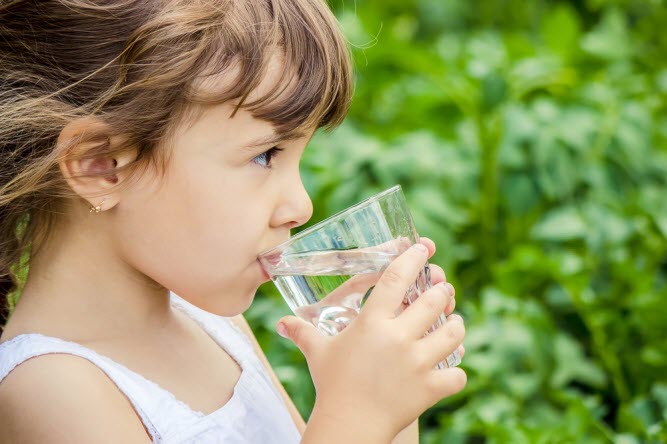
Why tap water via a home filter system is the better option…
So now we now know the real cost of bottled water and it’s pretty scary. It doesn’t make sense to pay more than 2000 times for a product that is not healthier for you and has a negative impact on the environment.
In the ABC’s recent ‘War on Waste’ program they decided to put the bottled water brands to the test, compared with regular Gold Coast tap water. Dr Fredrick Leusch conducted the experiment at Griffith University, Queensland with surprising results.
One brand, ‘Nature’s Best’, tested as very similar to tap water where it appears that the consumer is mainly paying for the plastic bottle, with the water inside worth less than a cent.
After the testing Dr Leusch concluded,
“All our water is eventually from the same place; it’s a closed cycle. The water that fills our rivers is actually sometimes fed from the ground, sometimes fed from rainwater – it’s all the same water in the end.”
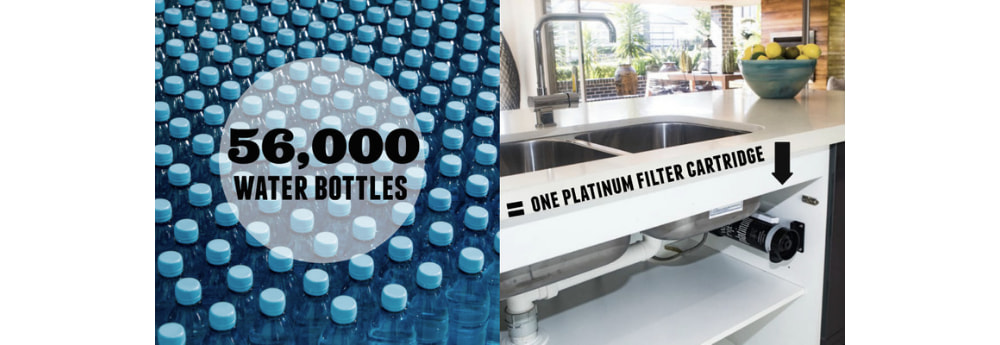
The BEST cost solution
Filtered tap water is a low cost, healthy solution.
Add a WFA home water filter system under your kitchen bench and you’ll have fresh filtered water on tap. The filter leaves all the healthy minerals, like the calcium and magnesium, in the water.
The filter system does not remove fluoride. But it removes the chlorine and any nasties that may be in your water like giardia and cryptosporidium, so the water tastes great.
Of course, there is the initial cost of the system but WFA’s most popular water filter system, the inline water filter, only costs $219 and includes your first filter cartridge, which lasts a year.
Over a year you’ll save the cost of 56,000 bottles of store bought mineral water with one simple water filter. Invest in a good quality BPA-free reusable bottle when out and about.
The message is clear. A WFA water filter system is a smart way to go. You’ll not only save money, but save the environment – and keep your family healthy.
Contact us today for more information. Read more interesting filtered water facts.



